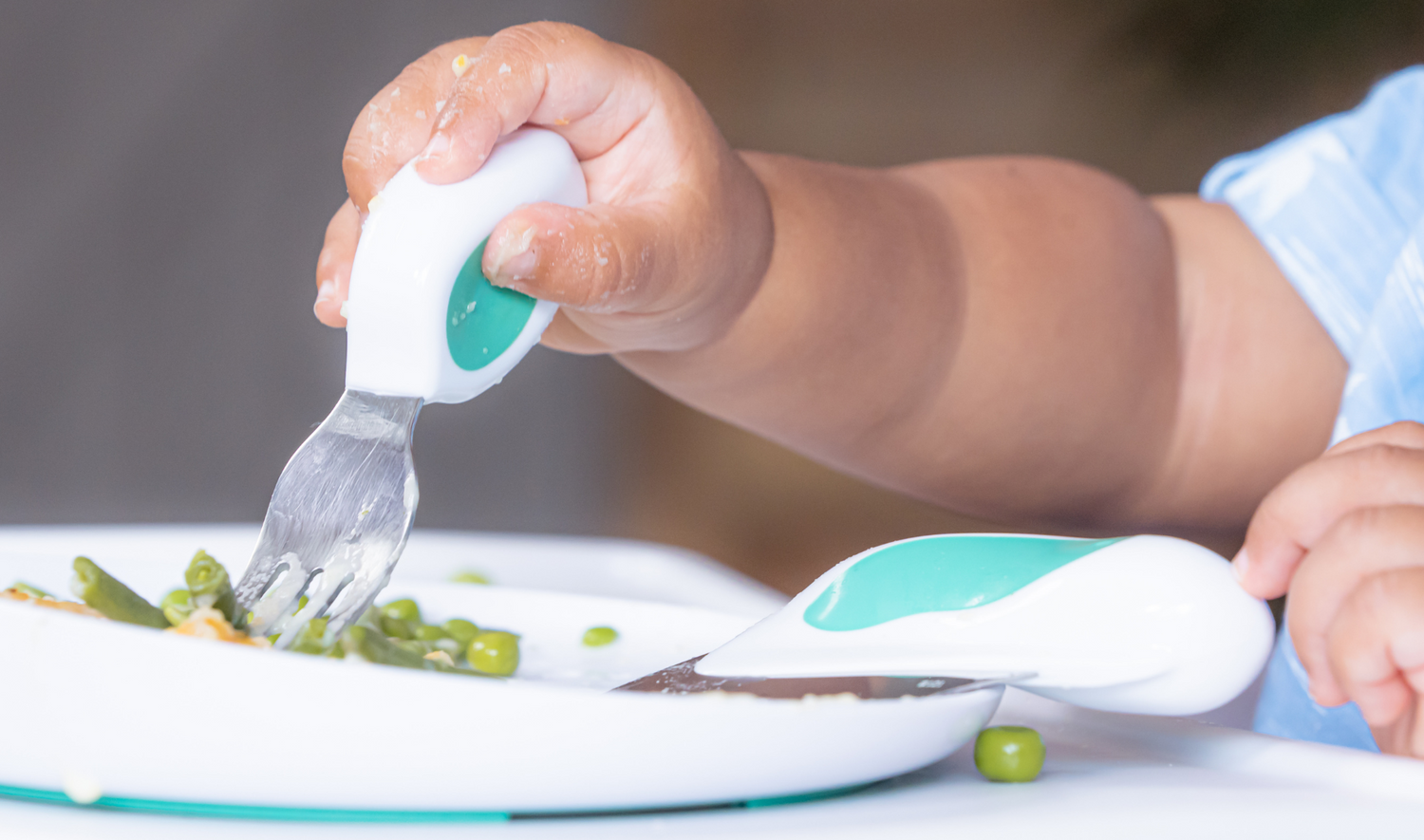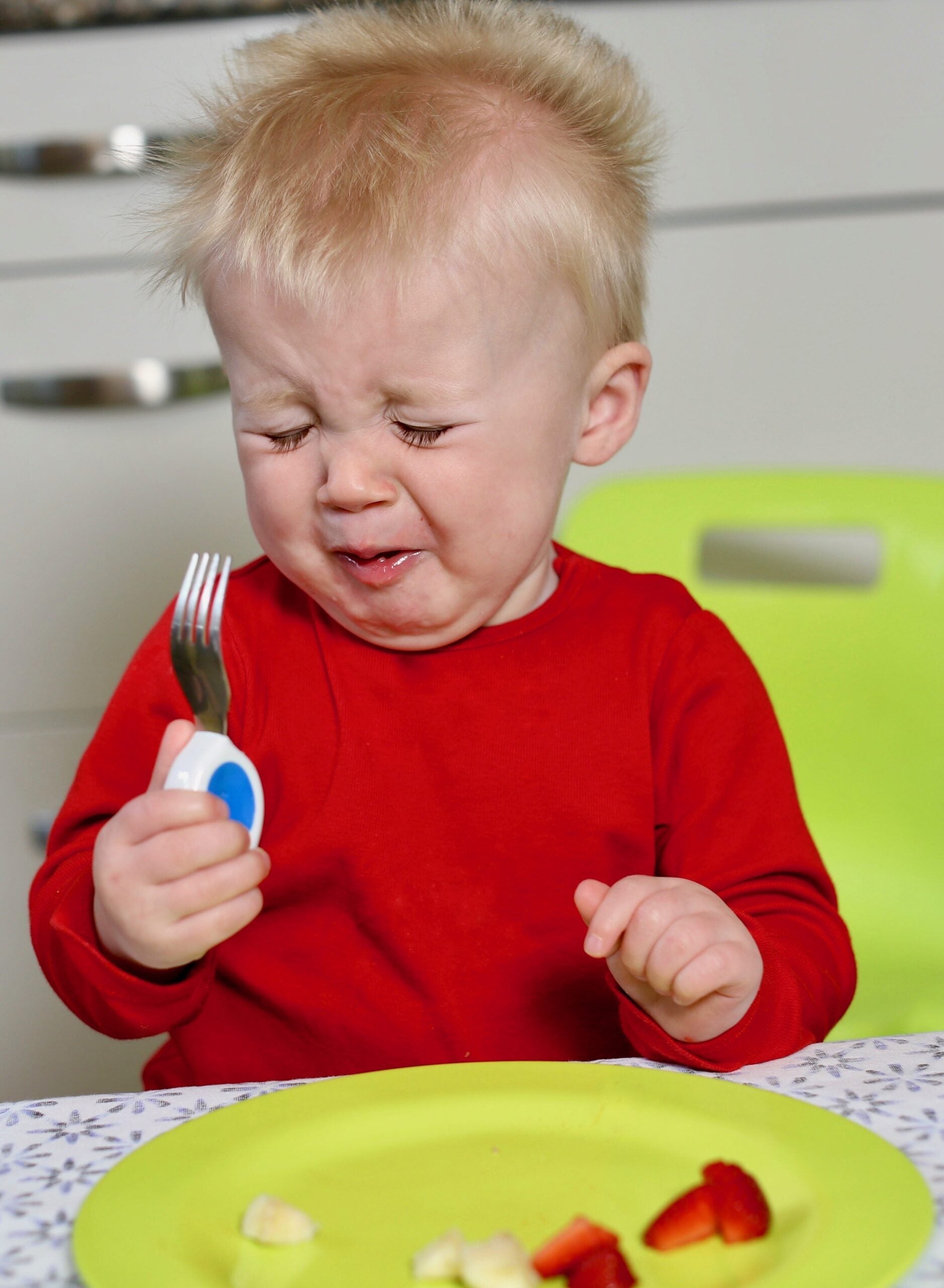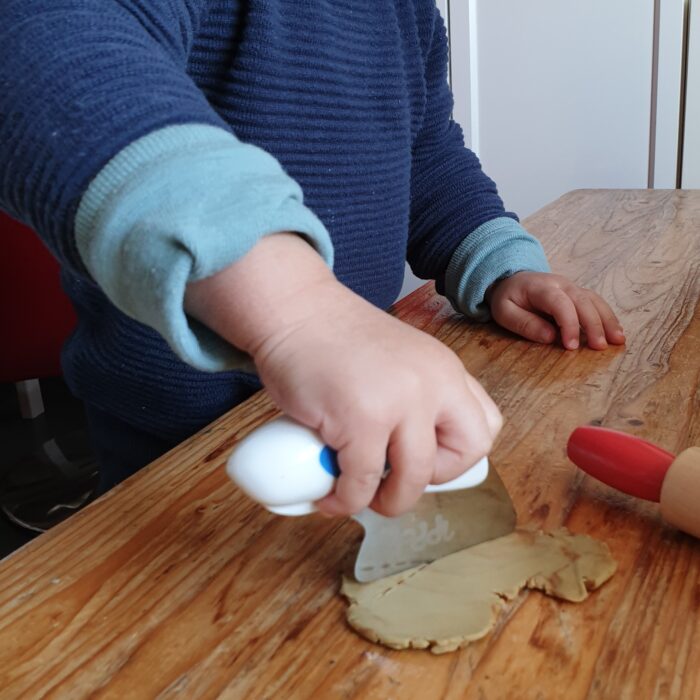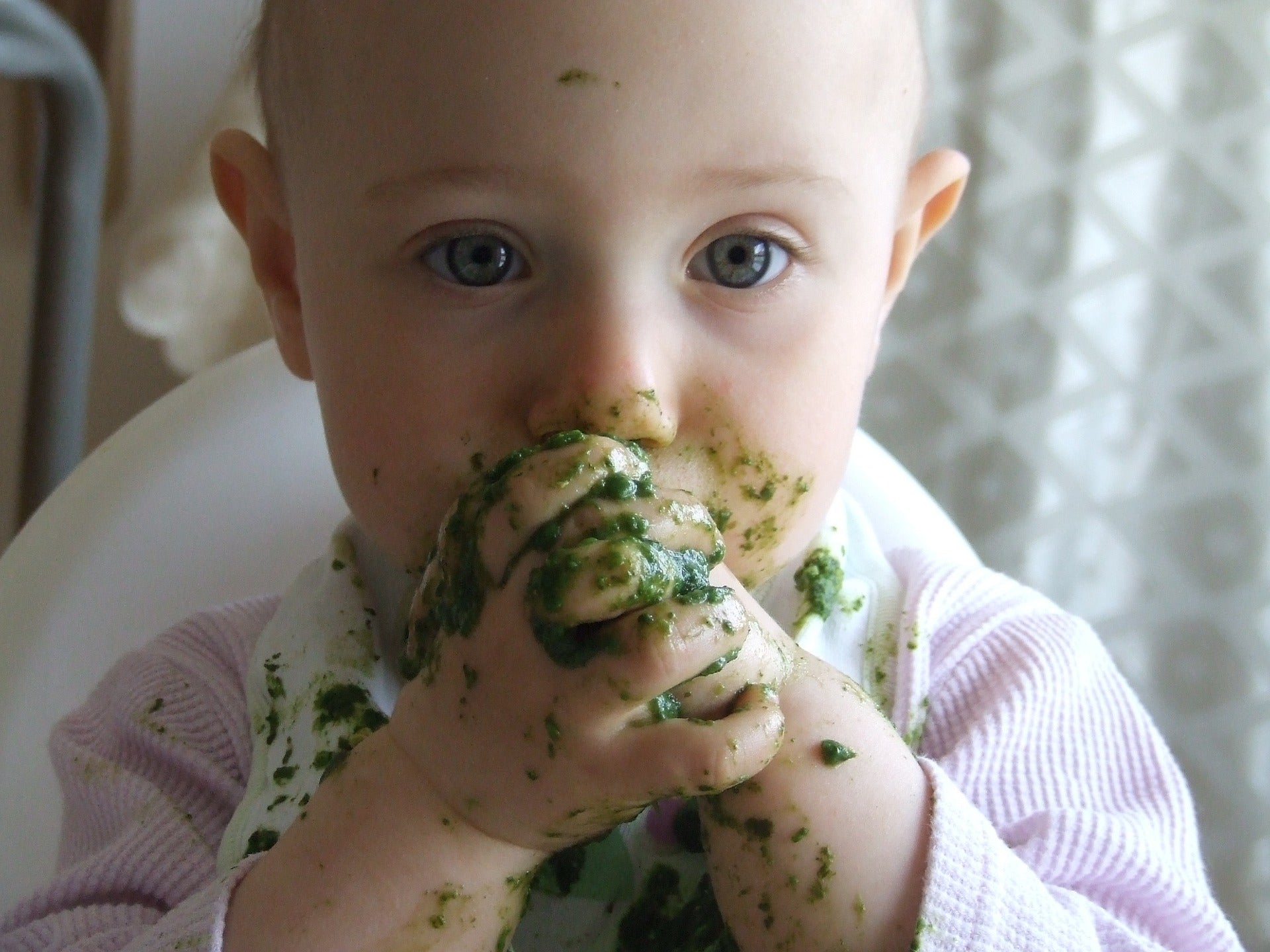Something that troubles many parents of small children is that that their toddler isn't eating enough.
If you have concerns over your toddler's food intake, read on .
Stacey Zimmels from FeedEatSpeak is a feeding & swallowing specialist and Speech and Language Therapist. Here she answers those questions, with some reassuring words of advice, and some helpful tips.
Did you know?
Babies grow at the fastest rate in their whole lifetime over the first year. This means that as they enter toddlerhood they will not need to eat as much as they did when they were weaning.
Bigger kids will naturally eat more than smaller kids.
Normal healthy children can manage their own appetite. In other words, they are able to decide what they need to eat in order to grow
Toddler's appetites are variable and they will have days or weeks where it drops and then it will pick back up. So, assuming you have a healthy kid who is growing ok, they’re probably eating what they need.
Here’s what you can do to help reassure yourself about your toddler's food intake…
Relax and trust that they are eating what they need
Provide regular eating opportunities across the day. I usually suggest they don’t go more than around 3 -4 hours between eating opportunities. This works out as three meals and two snacks per day.
Avoid letting them graze throughout the day
Offer a balanced plate of food and avoid overfilling it. You may find mentally it is better to offer a smaller portion and then to give more if they want it, than to fill the plate and have them only eat half.
Avoid the temptation to pressure them to ‘eat one more bite’. This doesn’t teach them to listen to their body and stop when they are done.
Don’t offer an alternative meal if your little one doesn’t eat much of what is on offer. Take that to mean they are not too hungry. Be reassured in the knowledge they will have another opportunity to eat soon.
Encourage independent eating, using the perfect utensils for little hands, our doddl children's cutlery. Allowing your child to feed themselves, using their own cutlery, will allow them a sense of achievement and control. Using the doddl children's knife to chop up and prepare the food will also help them to be interested in their food and allow them to get involved, This approach will have lifelong benefits, as it supports your child to listen to their body and eat what they want when they want.
Check out our other useful posts on feeding, eating and mealtimes in our doddl Parent Hub.
Stacey Zimmels is a feeding and swallowing specialist speech therapist (SLT) and International Board Certified Lactation Consultant (IBCLC). Stacey has worked 20 years supporting infants and children with a wide range of feeding and swallowing difficulties. Her breadth of knowledge and experience runs across the spectrum; including but not exclusive to feeding difficulties associated with preterm infants, breast and bottle feeding, weaning difficulties, feeding challenges secondary to food allergies and reflux, swallowing difficulties and fussy eating. Find Stacey on Instagram @feedeatspeak, or on her website www.feedeatspeak.co.uk.





